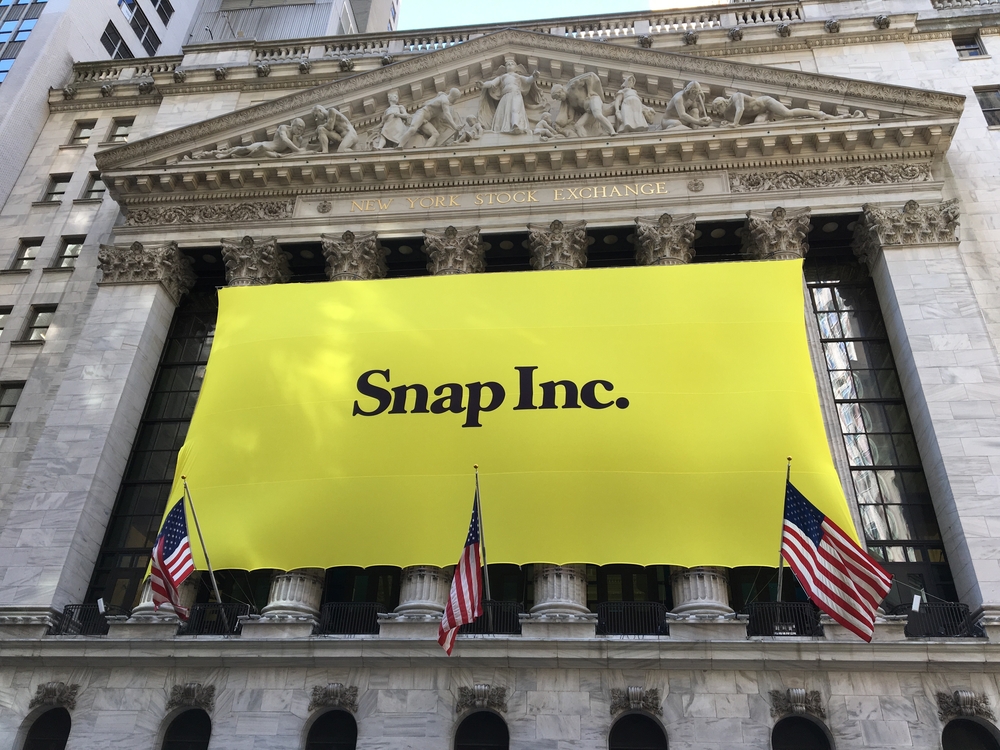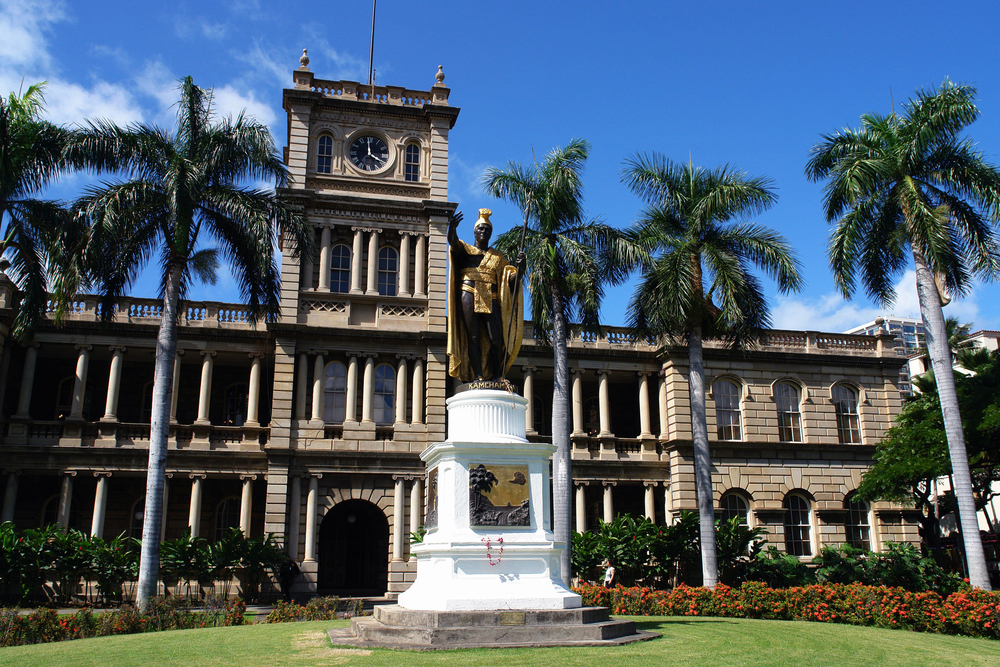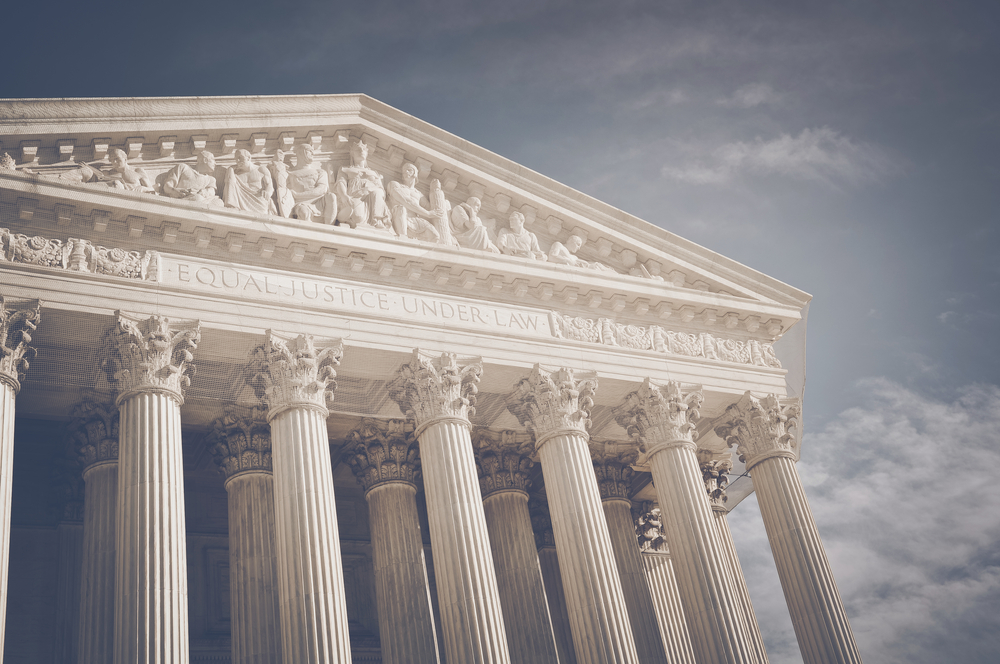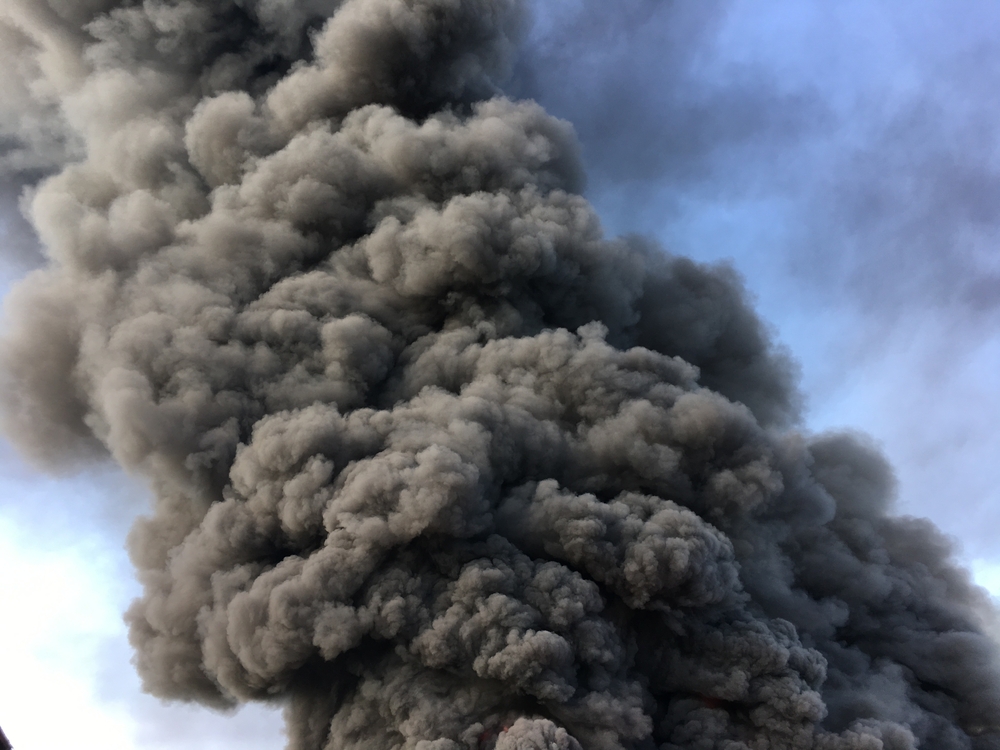On May 28, 2017, three young men were killed while driving more than 100 miles per hour down a road in Lyons, Wisconsin. In the moments leading up to the crash, Jason Davis, 17, had kept his foot on the accelerator pedal as the two passengers, Hunter Morby, 17, and Landen Brown, 20, pulled out a cell phone and watched a Snapchat speed filter record speeds as high as 123 miles per hour.
While grieving the loss of their sons, the parents of two of the men - Carly Lemmon, Michael Morby, Samantha Brown and Marlo Brown - sued Snap Inc., the maker of Snapchat, on the grounds of the “negligent design’’ of the Snapchat filter helped lead to the crash. The parents believed the men aimed to document the high speed with the filter to engage with their Snapchat followers.
Snapchat is Snap Inc.’s signature platform. It operates through one-to-one communication with messages, photos and video, and allows users to take photos or videos available to only their list of friends.
In the court documents, the plaintiffs alleged that the Snap Inc. app design encouraged speeding, which led to the fatal crash.
However, last year a California judge dismissed the case, citing Section 230 of the Communications Decency Act, a law established in 1996. The 25-year-old legislation serves as protection for tech companies for content published on their platforms. A judge used Section 230 while siding with Snap Inc.’s defense in 2019. The filter was simply a tool for users to post their information, and the company was not responsible for the individuals’ actions.
The four-year-old tragedy is now back in the news. On May 4, judges in the U.S. Court of Appeals for the 9th Circuit in San Francisco reversed the earlier decision.
The three-judge panel ruled that Snap Inc. is not protected under Section 230 in this case involving the speeding filter. The key issue, said the court, was not Snap’s role as a platform but rather the design of the app itself. Therefore, the plaintiffs have a right to sue the company.
According to the court documents, Snap Inc. “indisputably” built the filter and the reward system. “In short, Snap, Inc. was sued for the predictable consequences of designing Snapchat in such a way that it allegedly encouraged dangerous behavior,” said the court.
Section 230 has been the subject of many heated debates in recent years. In October of last year, officials at Facebook and Twitter attempted to limit controversial information shared by certain news companies, including the New York Post, on their platforms. This led former President Donald Trump to create an executive order, attempting to encourage federal regulators to punish tech companies and social network platforms for their actions while redefining Section 230’s liability protections (On May 14, 2021, President Joe Biden revoked the order).
Now, according to legal experts, with this new decision by the San Francisco court involving Section 230, there is even greater potential for tech companies to be challenged over their apps by way of further court interpretation.
Carrie Goldberg, a victims' rights lawyer specializing in online abuse, battled the dating app Grindr in a similar product liability case in 2019, but the 2nd U.S. Circuit Court of Appeals in New York rejected it on Section 230 grounds.
In an interview with NPR last month, Goldberg praised the recent court decision on Snapchat’s responsibility. "The biggest hurdle in personal injury law is getting in front of a jury, and this could lead to that situation for multibillion-dollar technology companies," she said.
Jeff Kosseff is a professor in the U.S. Naval Academy and author of the book Section 230. He believes the biggest result of the appeal court decision could potentially be the involvement of the Supreme Court.
“I do think that the 9th Circuit’s ruling is a little difficult to square with some other appellate courts,” Kosseff said in a May 5 Washington Post article. “I don’t think we quite have it yet, but I think we’re working our way to a circuit split where we would have the Supreme Court interpret 230.”
According to the article, Kosseff also believes there is tremendous significance because the decision to allow the case to move forward was made in the San Francisco court. The 9th Circuit Court’s proximity is where many Big Tech companies are headquartered. Two of the circuit judges were appointed by presidents from different political parties (the third was a guest judge).
“The 9th Circuit is the most important court for Section 230 cases, other than the Supreme Court. I think that both agreed on this is worth noting,” said Kosseff.
The case involving the families in Wisconsin is not the first case filed against Snap Inc. and its speed filter. In 2016, the company was sued by Wentworth Maynard, an Uber driver in Georgia, after his Mitsubishi Outlander collided with 18-year-old Christal McGee. McGee was using the speed filter as she attempted to push her vehicle over 100 miles per hour. The lower court initially ruled in favor of Maynard. However, a Georgia appeals court reversed the decision.
Related: A Cheerleader’s Snapchat Post Leads to Supreme Court Battle
Currently, the Supreme Court is reviewing another case involving Snapchat, although this does not have to do with the speed filter. It is a case involving a high school cheerleader and her belief that administrators at her high school violated her right to free speech due to her use of Snapchat.














